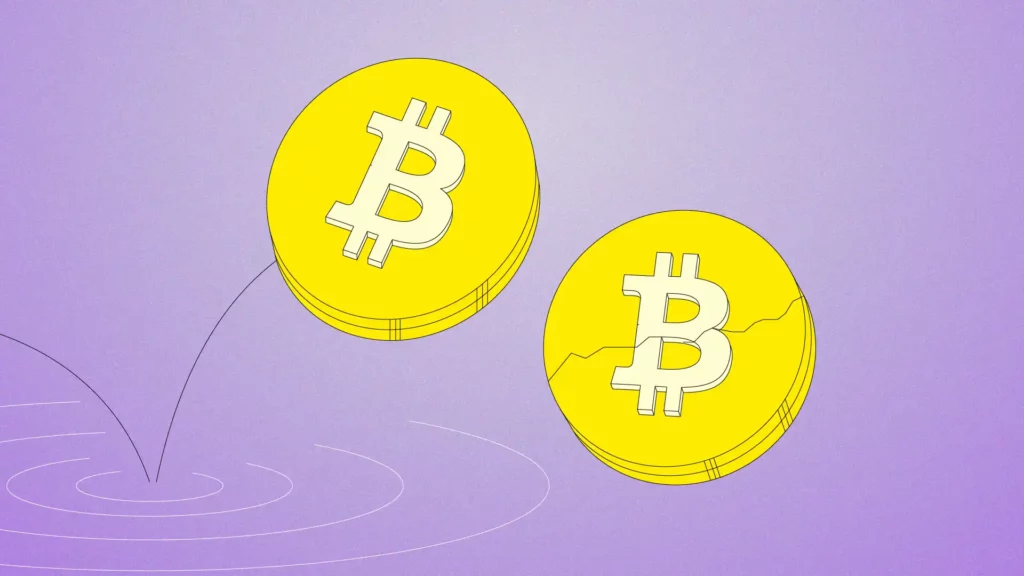In an unexpected and costly turn of events, a Bitcoin sender recently made a significant mistake, setting a record for the highest transaction fees paid in the history of Bitcoin transactions. According to blockchain data, the sender had intended to transfer 139.42 BTC, valued at approximately $5.1 million. However, an astonishing 83.64 BTC was inadvertently consumed by transaction fees, leaving the recipient with only 55.77 BTC, which is equivalent to around $2 million at current market prices.
Bitcoin user mistakenly pays 83.64 BTC as fees
The transaction, processed by Bitcoin miner AntPool in block 818087, highlights an unusual and potentially costly error in the execution of cryptocurrency transactions. Generally, BTC transaction fees are expected to be a fraction of the amount being sent, making this incident stand out as an anomaly. The circumstances suggest that the sender may have made a significant oversight or encountered a technical glitch during the transaction process. This incident is not the first of its kind.
In September, crypto firm Paxos mistakenly paid a $500,000 fee for processing a transaction worth only $2,000. Fortunately, Bitcoin miner F2Pool, involved in that case, agreed to refund the excessive fee, demonstrating a degree of flexibility within the cryptocurrency community. The recent occurrence, while possibly a mistake on the part of the sender, aligns with a broader trend of rising Bitcoin transaction fees this month. The surge in fees is linked to the increasing popularity of Ordinals—a novel concept similar to non-fungible tokens (NFTs).
Ordinals craze and its effect on the rising transaction fees
Ordinals involve digital assets inscribed on a satoshi, the smallest denomination of a Bitcoin. The inscription of Ordinals on the BTC blockchain contributes to heightened network activity, resulting in increased congestion and subsequently elevated transaction costs. Users engaged in Bitcoin transactions have the option to choose lower fees, but this choice comes with inherent trade-offs. Opting for reduced fees may lead to extended waiting times, as miners tend to prioritize transactions with higher fees.
Additionally, if the fee is set too low, there’s a risk of miners ignoring the transaction altogether, preventing it from reaching its intended destination. This incident serves as a stark reminder of the importance of diligence and caution when navigating the intricate landscape of cryptocurrency transactions. As Bitcoin continues to gain traction and the ecosystem evolves, users must remain vigilant to avoid costly errors and stay informed about the various factors influencing transaction fees.




